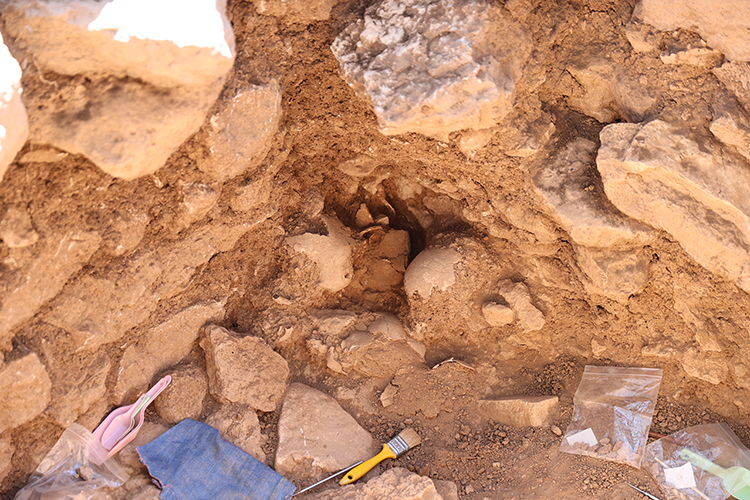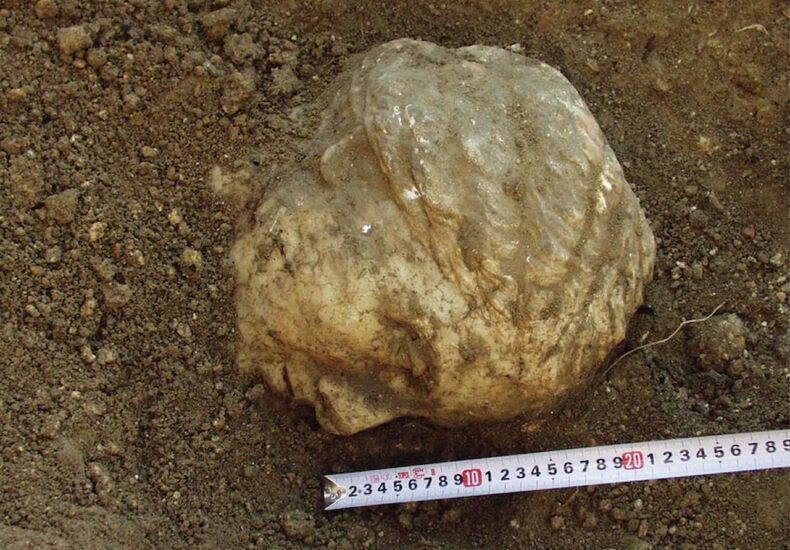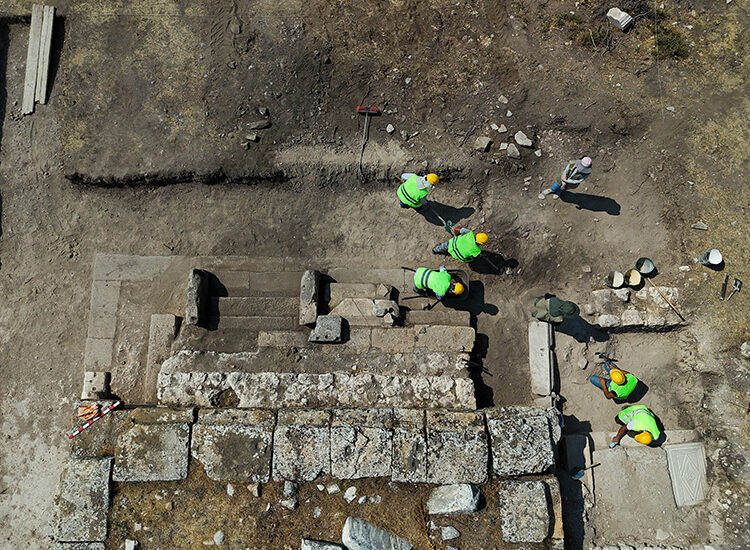
World’s Oldest Mummies May Be 12,000 Years Old, Discovered in Southeast Asia
A new study suggests smoke-dried mummification began 5,000 years earlier than previously thought. A groundbreaking study has uncovered evidence that the world’s oldest known mummies—dating back as far as 12,000 years—originated in southern China and Southeast Asia, challenging long-held beliefs that South America’s Chinchorro culture pioneered intentional mummification. Published this week in Proceedings of the

12 Ancient Human Skulls Unearthed at Sefertepe, Offering New Insights into Neolithic Rituals
Archaeologists excavating the prehistoric site of Sefertepe in southeastern Türkiye have uncovered 12 additional human skulls dating back approximately 10,500 years. The discovery, part of the landmark “Taş Tepeler” (Stone Hills) project, sheds new light on Neolithic ritual practices in the region. Sefertepe, one of the key Neolithic sites under the “Şanlıurfa Neolithic Research Project

20-Year Mystery Solved: Marble Portrait in Crimea Identified as Laodice, the Woman Who Secured Her City’s Freedom
SEVASTOPOL, CRIMEA – A decades-old archaeological mystery has finally been solved: a striking marble head discovered in 2003 at the ancient Greek city of Chersonesus Taurica has been conclusively identified as Laodice, a prominent woman whose political influence helped the Black Sea city gain free status under Roman rule. A Sculpture With a Story The

Newly Unearthed “North Temple” in Blaundos Reveals Ancient City’s Religious Continuity
Archaeologists have uncovered a monumental temple in the ancient city of Blaundos (modern Ulubey, Uşak, Türkiye), shedding light on the city’s religious and cultural life across centuries. The newly revealed North Temple, believed to date back nearly 1,900 years, was constructed on a high podium and remained in use well into the Byzantine era, making
